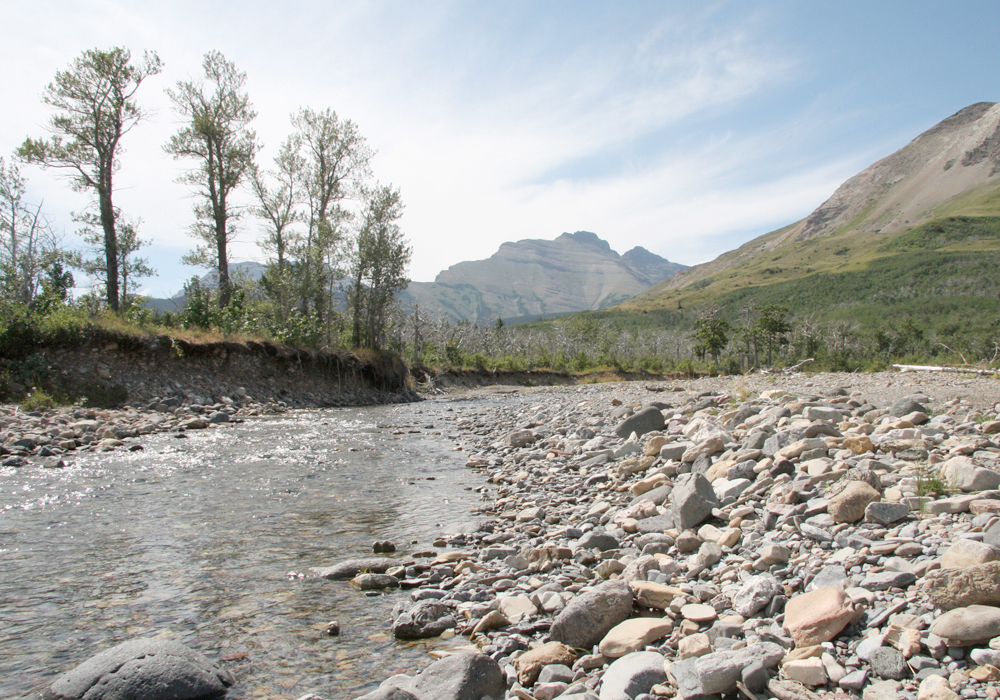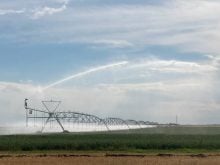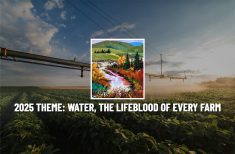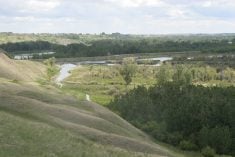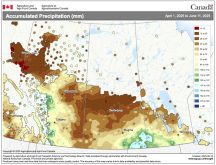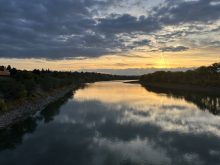A researcher says many sector players are involved in water management issues but they are often poorly connected
Canada’s most valuable resource might be fresh water, a commodity so short in some parts of the world that it causes intense conflicts.
Despite this, Canada treats water issues with inattention and disregard, some say.
Now, leading water management experts hope to see that changed with a new federal water agency.
“It’s sad to see the second largest country in the world… not taking its place,” said Nicolas Mesly, a Quebec journalist and a researcher with the Canadian Agricultural Policy Institute, during a CAPI panel discussion on March 22, World Water Day.
Read Also
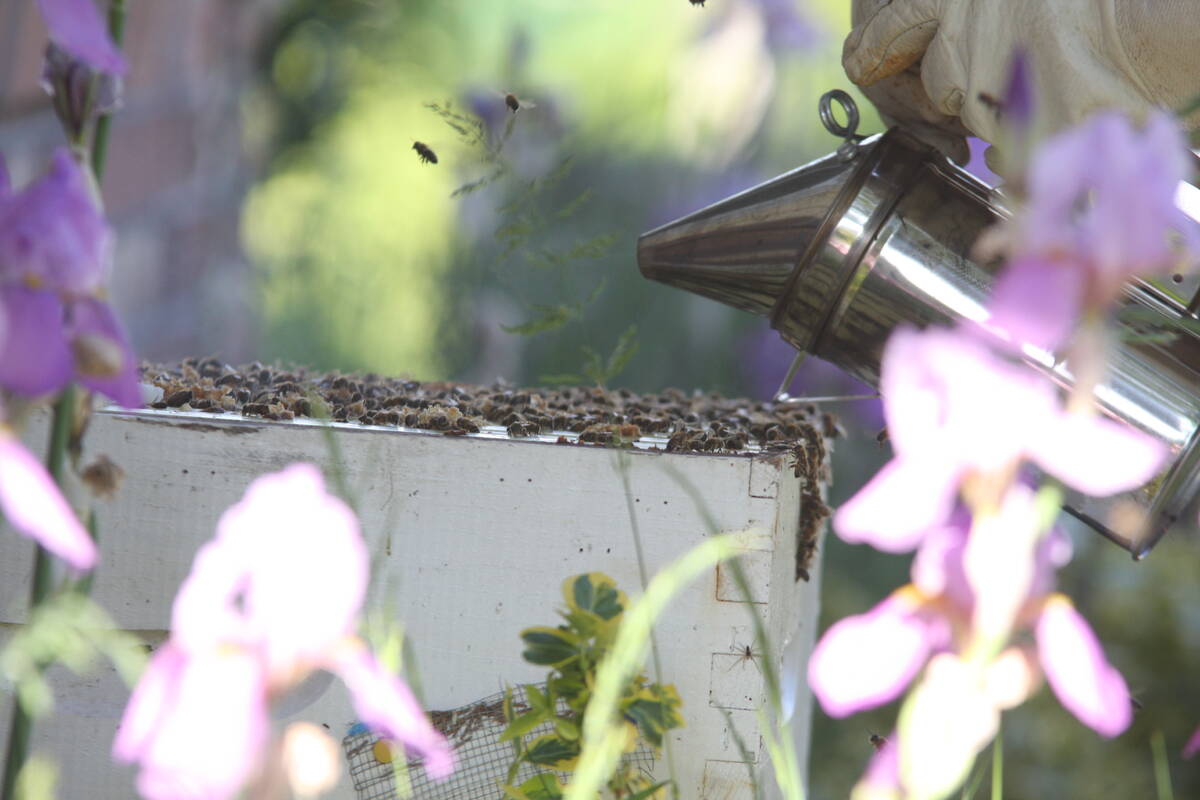
Manitoba beekeepers battle for survival
Honeybee colony losses have hit 43 per cent, making 2025 the latest in a string of poor bee survival years for Manitoba’s honey producers
“We have 200,000 farmers, who are committed, educated, who have access to finance. We can play a far better (role.) Canada needs to take its place.”
The Canada Water Agency was announced in the recent federal budget. The Winnipeg-based agency is expected to be a national body guiding hundreds of millions of dollars in water management research, helping governments and segments of society communicate, and helping integrate the disparate approaches to water in play across Canada.
“I see it playing an important role,” said Nicola Crawhall, chief executive officer of the Canadian Water Network.
“What we need is a national dialogue, a national dialogue leading to a national direction.”
Many players are involved in water issues and water management, but they are often poorly connected. Irrigation authorities, municipal governments, Indigenous, provincial and federal authorities, industries and communities grapple with water issues. With Canada’s enormous supplies of fresh water, conflicts have not been as intense as in other parts of the world, for now.
“We might not have the conflicts yet, but we’re going to have them eventually, with climate change,” said Crawhall.
University of Ottawa professor Ousmane Seidou said water conflicts often arise when competing interests see concerns raised by others as attacks on their own needs.
“A lot of times a user only understands his own benefit, but will not understand the impact,” said Seidou, who has studied conflicts in the giant Niger delta in Africa.
“We need to talk globally, but it isn’t easy because everybody has his own interests.”
The panellists said the new water agency will fulfil a valuable role if it can get different parties and places talking before conflicts develop.
“We need a driver,” said Mesly.
“Each province jealously guards itself…. There should be a direction.”


